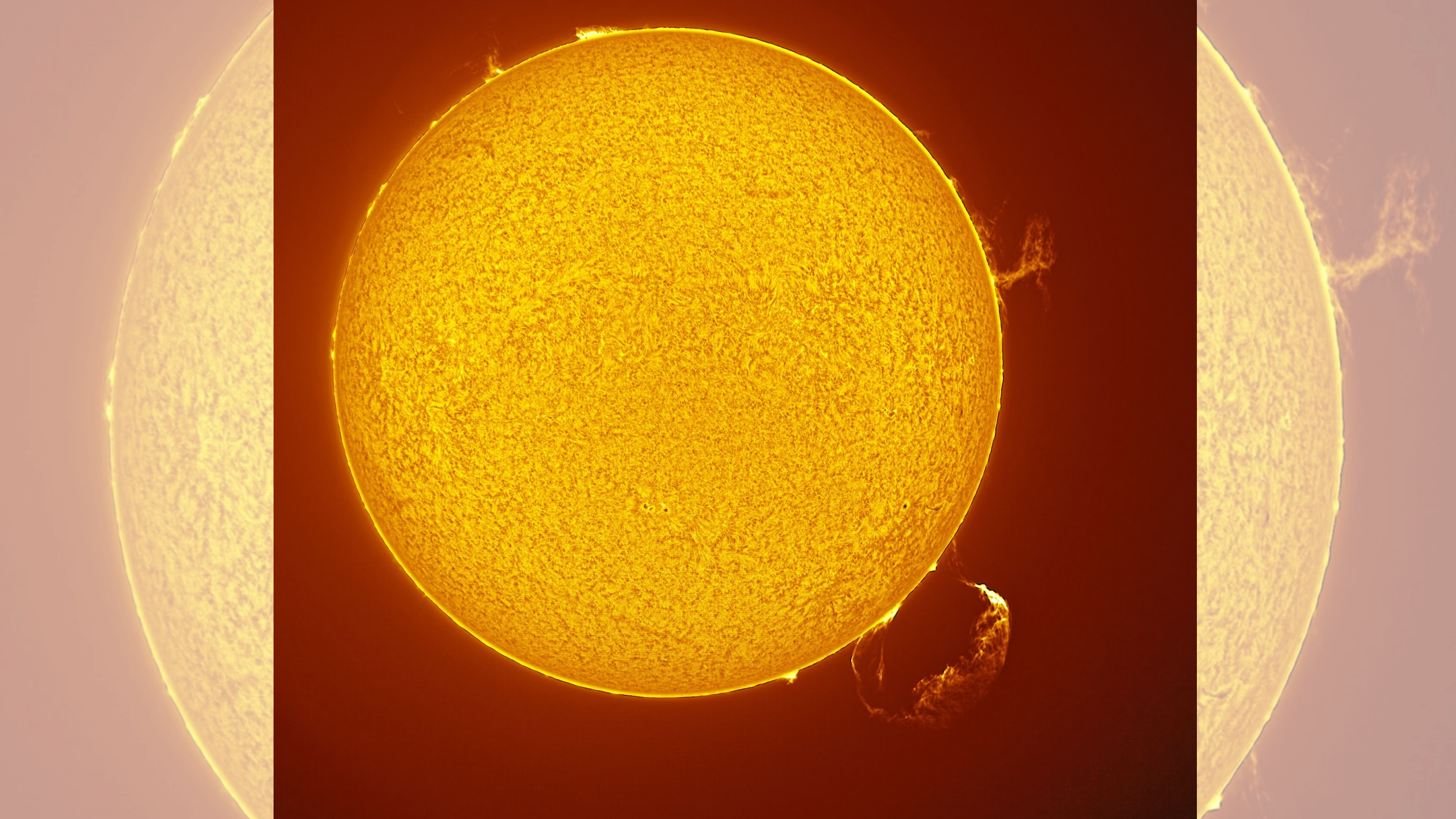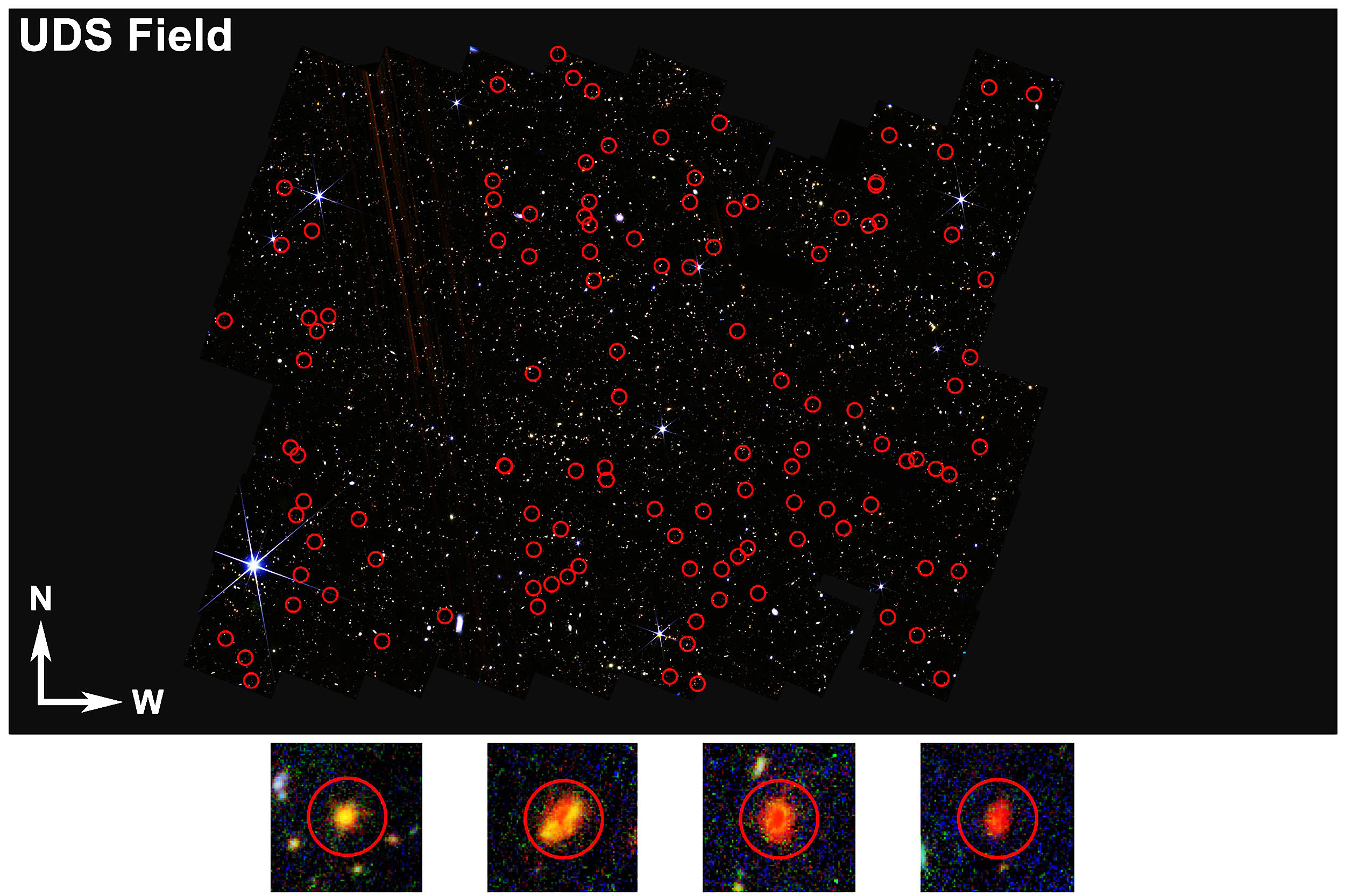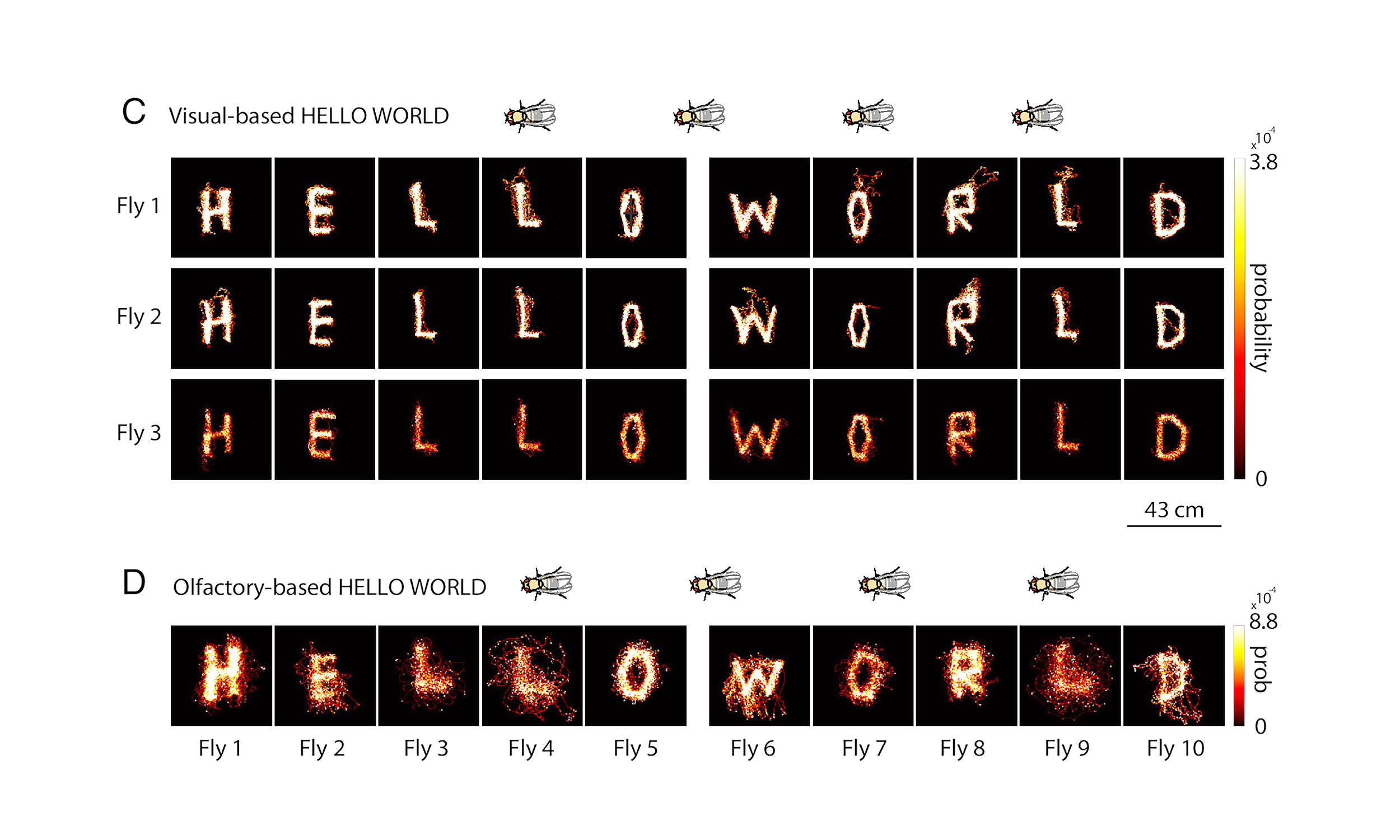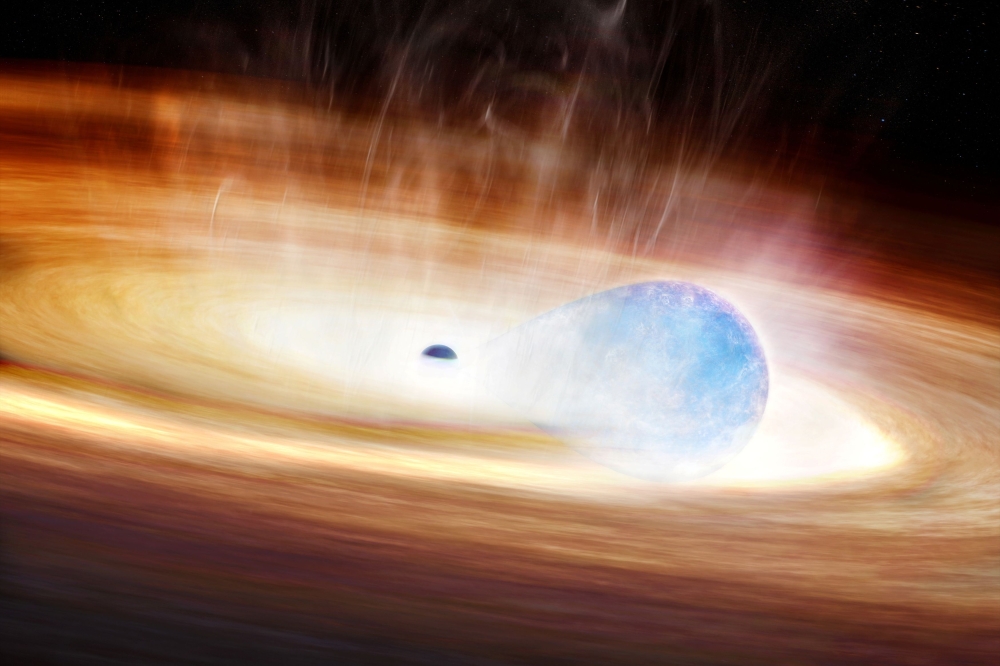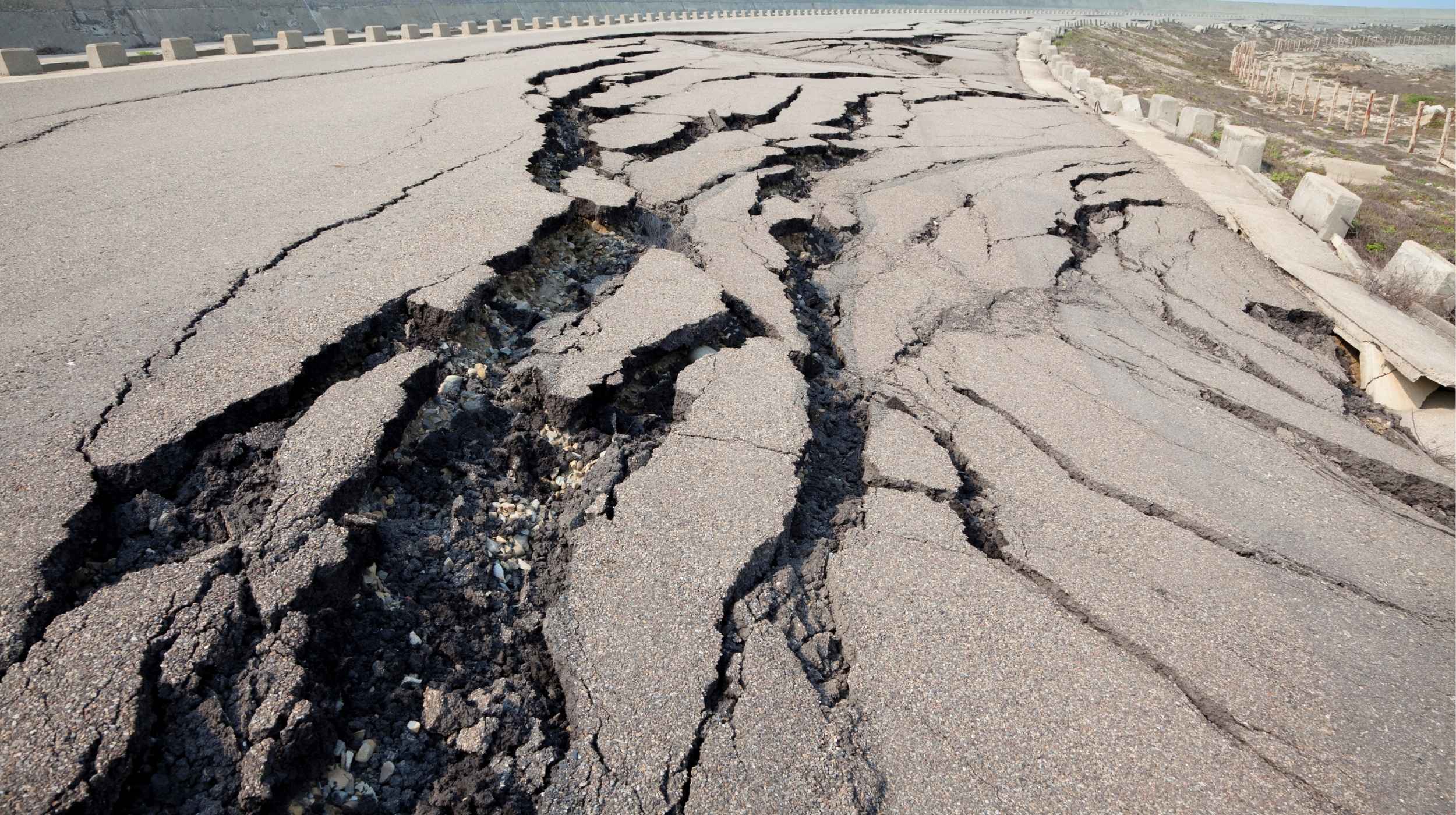What If the Universe Isn't Expanding Forever? Shocking New Findings from DESI!
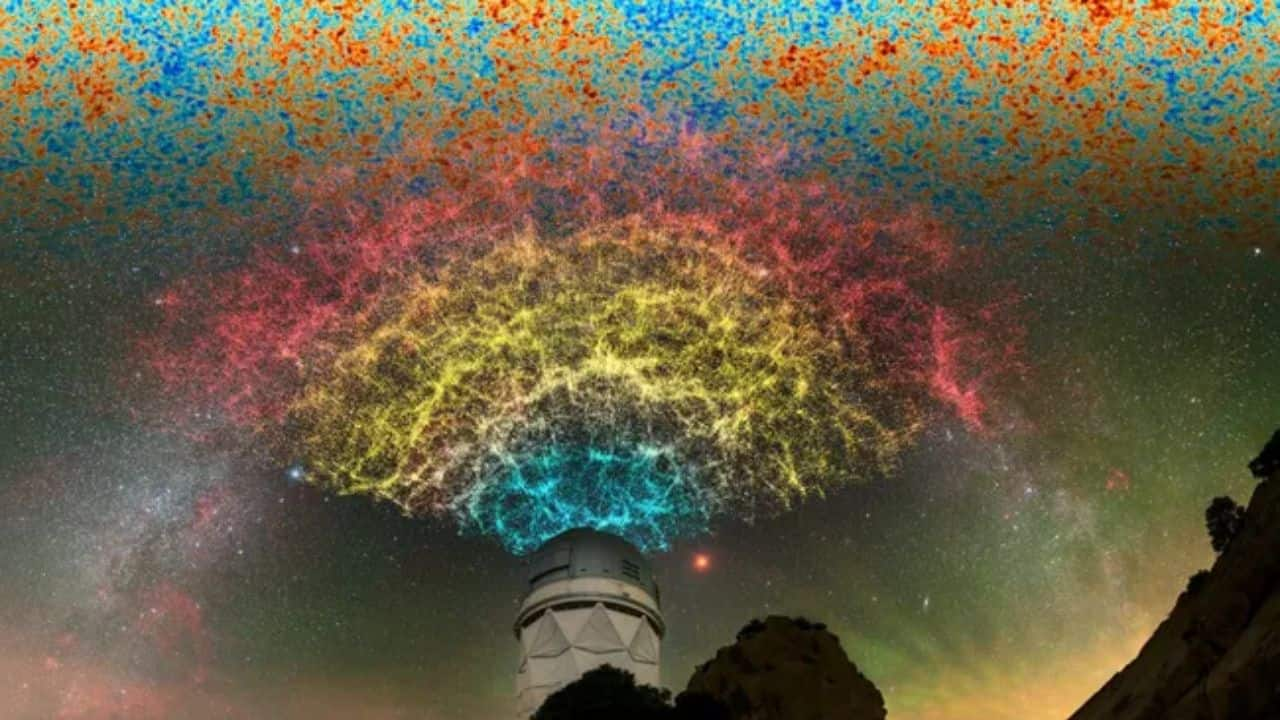
What if everything we thought we knew about the universe's future was just a cosmic illusion? Buckle up, because a groundbreaking new theory is turning our understanding upside down! Scientists are now suggesting that instead of endlessly expanding into the void, our universe might actually come together again, leading to a dramatic and fiery end.
Recent findings from the DESI survey, which is meticulously mapping the universe over its five-year mission, point to something peculiar: dark energy, the mysterious force believed to be driving the universe's expansion, may not be as constant as previously thought. Until now, experts have assumed it was an unchanging entity. However, this new data indicates that dark energy could be evolving over time, completely shaking the foundations of our longstanding cosmological models.
The concept of a constant force, known as the cosmological constant, may be more flawed than we ever imagined. A recent study, still pending peer review, is proposing an audacious new theory—one that melds ultralight axion particles with a less powerful cosmological constant. According to this idea, axions are currently pushing the universe outward, but they might fade over time, allowing a negative cosmological force to step in. Instead of pulling galaxies apart, this force would start drawing them back together.
Picture this: The universe begins to slow in its expansion, then ultimately reverses, leading to a 'Big Crunch'—the exact opposite of the Big Bang. The researchers behind this theory speculate that this cosmic collapse could start in about 10 billion years. Imagine that for another 10 billion years, the universe will shrink down to a hot, dense singularity, much like how it all began.
Of course, it's important to note that this theory is merely a proposal at this stage, and the data we have is still in its infancy. Even if it turns out that dark energy isn't constant, there are numerous other theories that could explain the universe's fate. Yet, the notion of a potential fiery end does ignite a plethora of intriguing questions about our cosmic destiny—will we witness an eternal expansion or a dramatic return to the fiery beginning? Scientists are keeping a close watch on the cosmos, eager for clearer answers.


